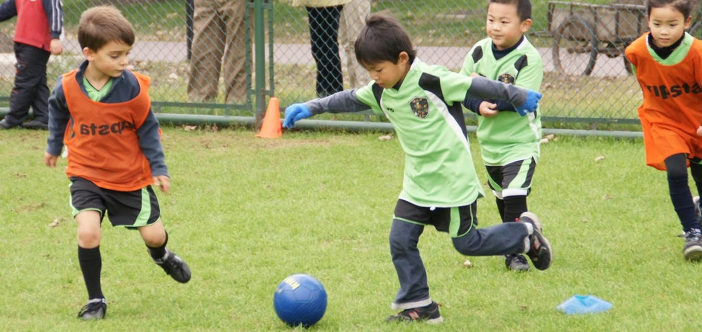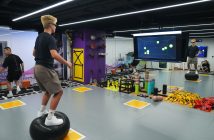Improved nutrition means teenagers in China are taller than ever before, but they are also less physically fit than previous generations, a recent report has revealed.
The data come from a series of surveys carried out over thirty years by the Chinese government. Unlike in the west, concerns about adolescent fitness do not center on worries about video games or junk food. Instead, it’s time studying which is the major concern. “We care too much about developing children’s IQ, and too little about their motor skills, team spirit and resilience. These ‘invisible’ capabilities can only be obtained through outdoor activities,” according to Wang Zongping, a motor development specialist at Nanjing University of Science and Technology.
The report also blames Chinese parents’ unwillingness to see their children getting hurt, even in a minor way. As Professor Yiyuan Xu puts it in the book Parenting Across Cultures: Childrearing, Motherhood and Fatherhood in Non-western Cultures, “The implementation of the one-child policy appears to have given rise to the use of intrusive/ overprotective parenting in Chinese parents.” Most parents of more than one child will recognize that they are considerably more relaxed with second and further children, and the policy has denied that experience to many parents in China. As a result, sporting equipment was removed from many campuses during the 1990s following parental complaints. Besides equipment, there’s a lack of space in Beijing for children simply to run around and kick a ball.
Most international schools teach western curricula, which tend to put a greater emphasis on physical education; and those that don’t are also mindful of the importance of exercise. Matt Heyman, K-12 Athletics Coordinator at Daystar Academy, told us:
“One of the great things we do at Daystar is to make sure our students receive a well rounded education. Our elementary students have physical education 3 times a week for 45 minutes, recess for 45 minutes a day, and a performing arts class as well once a week. That is significantly more than most elementary schools that I have observed in the United States. Our Middle School students have a little less recess time and no performing arts, but have longer physical education classes every other day. Daystar is also looking to add an autonomous period into the middle school schedule so students have the freedom to chose a physical activity.”
There’s a phrase dating back to the Roman poet Juvenal which is still relevant to the present day: mens sana in corpore sano, “a healthy mind in a healthy body”. Research suggests a link between participation in sports and academic achievement; and also that a certain volume of homework has added value, beyond which it becomes counter-productive. For the sake of children’s test scores, as well as their general wellbeing, it’s important to keep a balance between study and energetic play.




